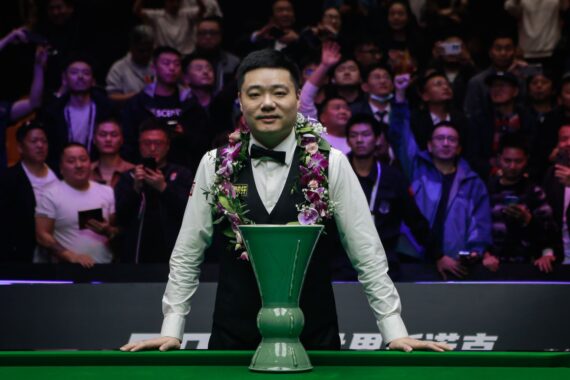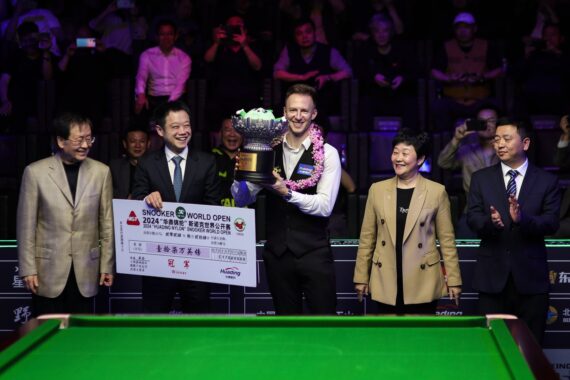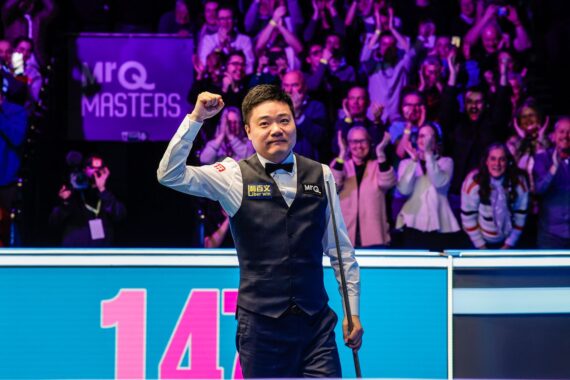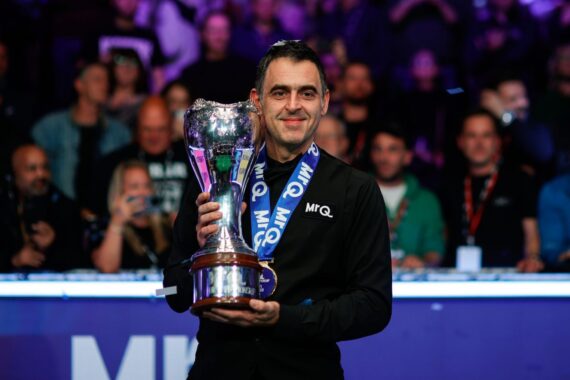From Racetrack to Snooker Table: This is What it Takes to Perform in Elite Sport
Whether you’re sat on a thrumming starting grid, moments away from making a move into Turn One, or breaking off at the snooker table in nerve-shredding silence, every sport demands certain attributes to succeed at the highest level.
But what are the key ingredients for success that apply across the sporting spectrum?
Ahead of the return of the Chinese Grand Prix this weekend, Aston Martin F1 are teaming up with China’s sporting heroes to connect cultures through sport and one of them is snooker sensation and 14-time major ranking winner Ding Junhui.
We delve inside the mind of the former world number one, widely regarded as the greatest Asian player in the history of the sport, and Aston Martin Aramco Driver Ambassador Jessica Hawkins, who is no stranger to competing for top honours in everything from single-seaters to touring cars, to discover the essential attributes needed regardless of whether you’re in a race or at the baize.
Over a game of snooker, Jessica and Ding reveal all…
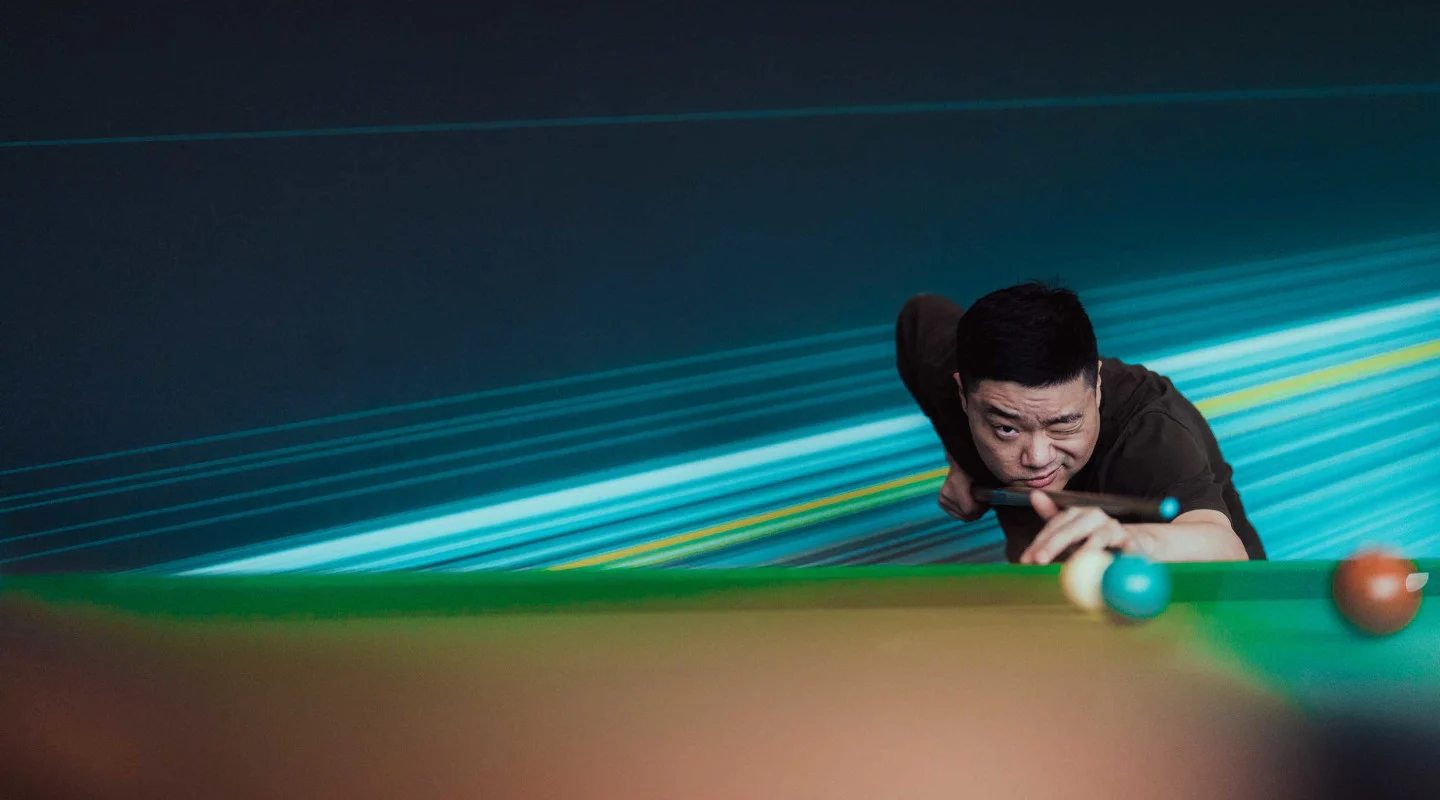
1 | Precision
Jessica Hawkins: Precision is paramount in racing. You might only have one chance to set a fast lap in Qualifying to set yourself up for a good result in the race. You need to hit every apex, be millimetre perfect on your exits, and use all the track without exceeding the limit because every millimetre counts.
It’s not enough to do this just for one lap, though. You need to be precise every single lap of the race, making sure the car is where it needs to be – you need to be super consistent.
Ding Junhui: The same applies to snooker. You need to be millimetre perfect – if you’re not, it can be the difference between success and failure.
Cue ball control is so important – to succeed, you have to master this aspect of the game. Losing position with the cue ball makes your next shot harder and can lead to mistakes – allowing your opponent to come to the table and seize the initiative.
Precision is also key when potting balls and making safety shots. You need to be accurate and get your angles right to pot the balls, and safety shots are crucial as they can be what decide tight frames and even matches.
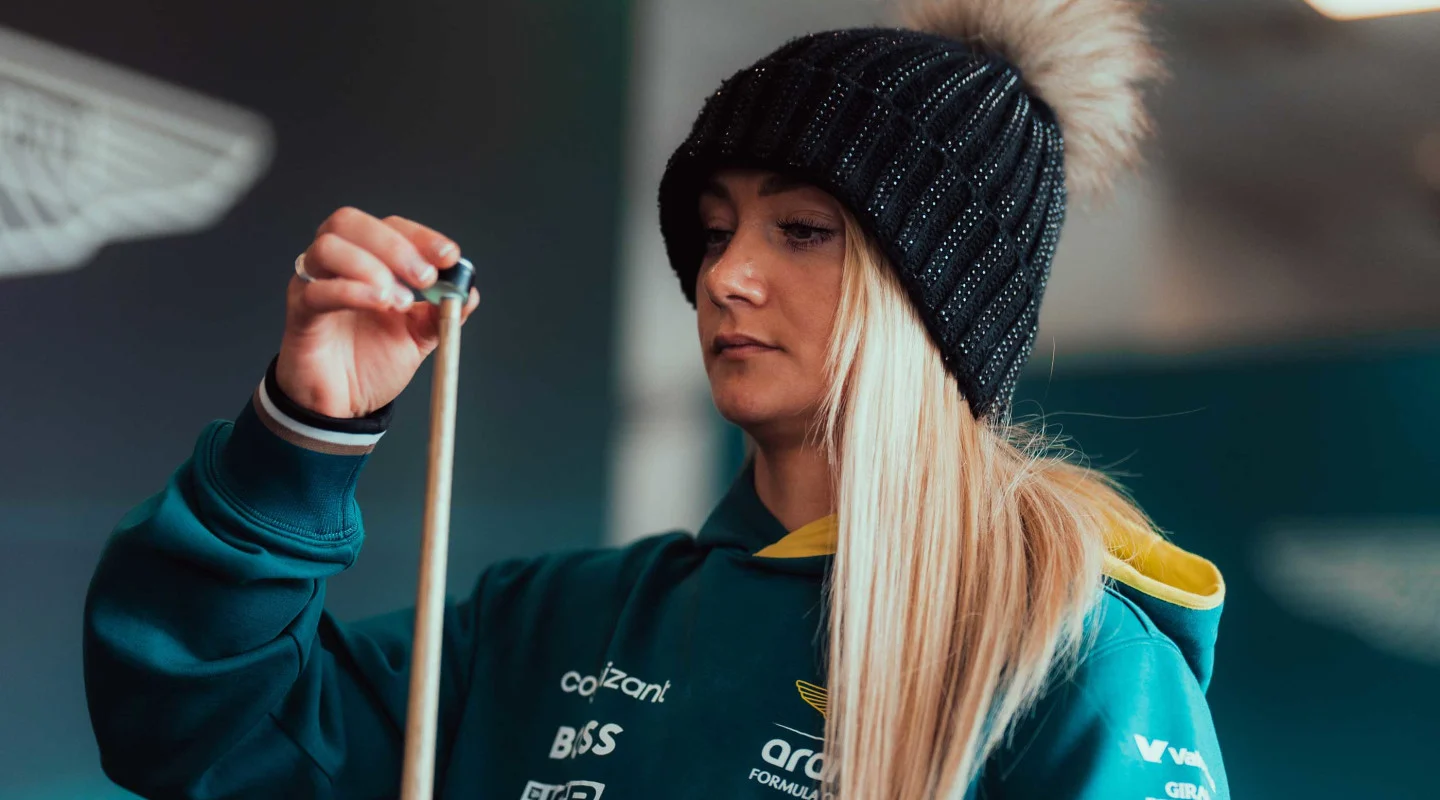
2 | Handling pressure
DJ: Snooker is mentally taxing and dealing with pressure is a skill every top player needs. I think about just one shot at a time to manage it. You have to think ahead and plan some shots in advance, but when it comes to executing each shot, you must focus solely on that.
When you manage pressure well, you play well and that’s when you can turn the pressure onto your opponent. If you can’t handle the pressure, your opponent will take advantage.
JH: There’s pressure all the time in racing. In Qualifying, you might have one lap to get it right. There’s a lot of pressure on that lap, and it’s all about how you deal with it. Or you might be going into a race that the championship depends on, and you have to beat your opponents to win. You need to handle pressure whenever it arrives, or you’ll not perform.
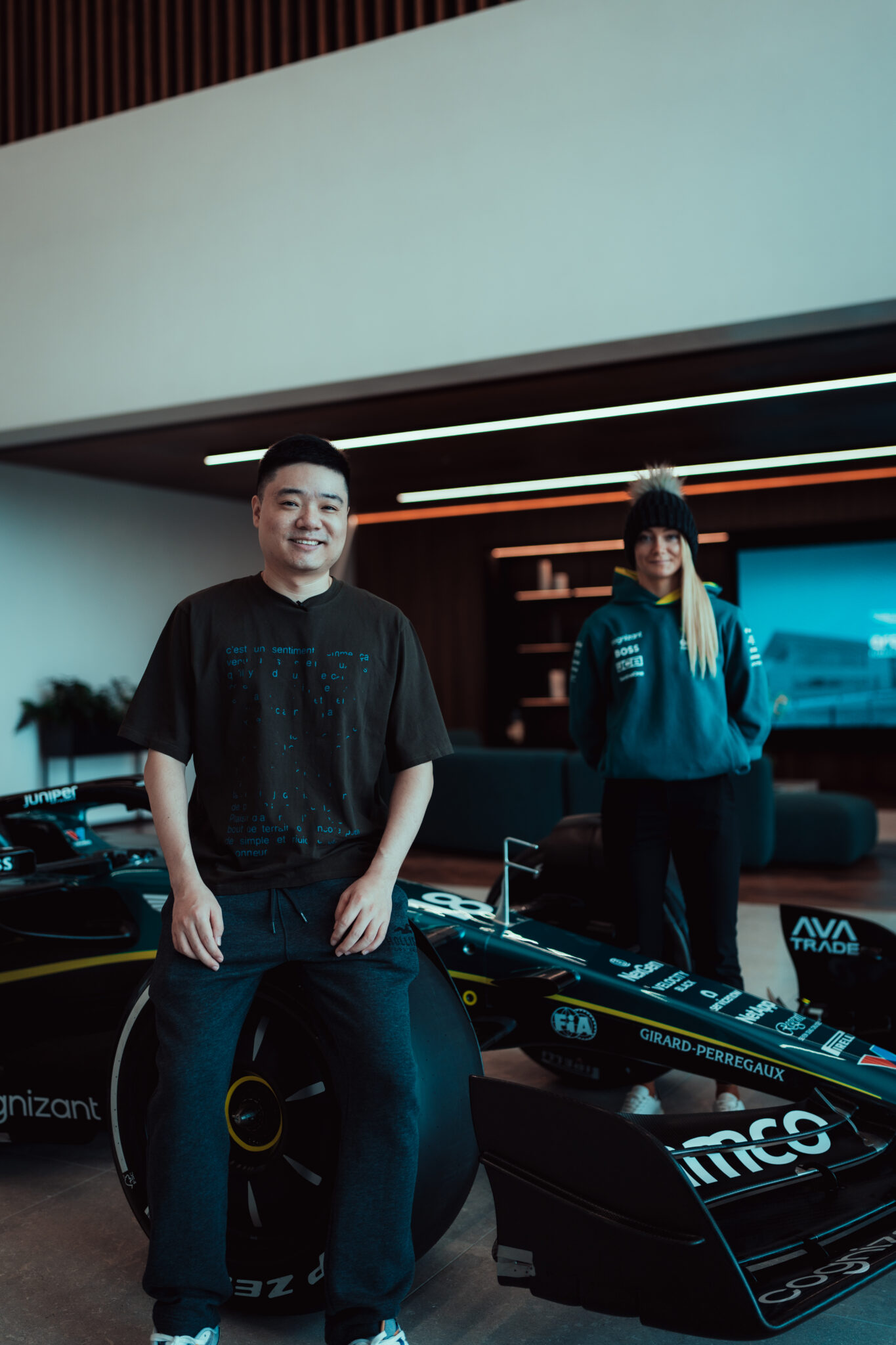
3 | Teamwork and performing alone
DJ: When I’m playing a match it’s all on me but in the days before, I work hard with my coaches and friends. They offer advice to help me improve or stay in form. You do all your work with your team before tournaments so when you’re out there alone in a match you’re fully prepared.
I’m the only one that can make the shots and win the match, but I need a team behind me to give me the best chance of winning.
JH: Although a driver is the only person in an F1 car, you can’t make it to the grid without the team of people in the garage and back home. Motorsport is both an individual sport and a team sport. Much of the spotlight is on the driver but success comes down to what you do as a team.
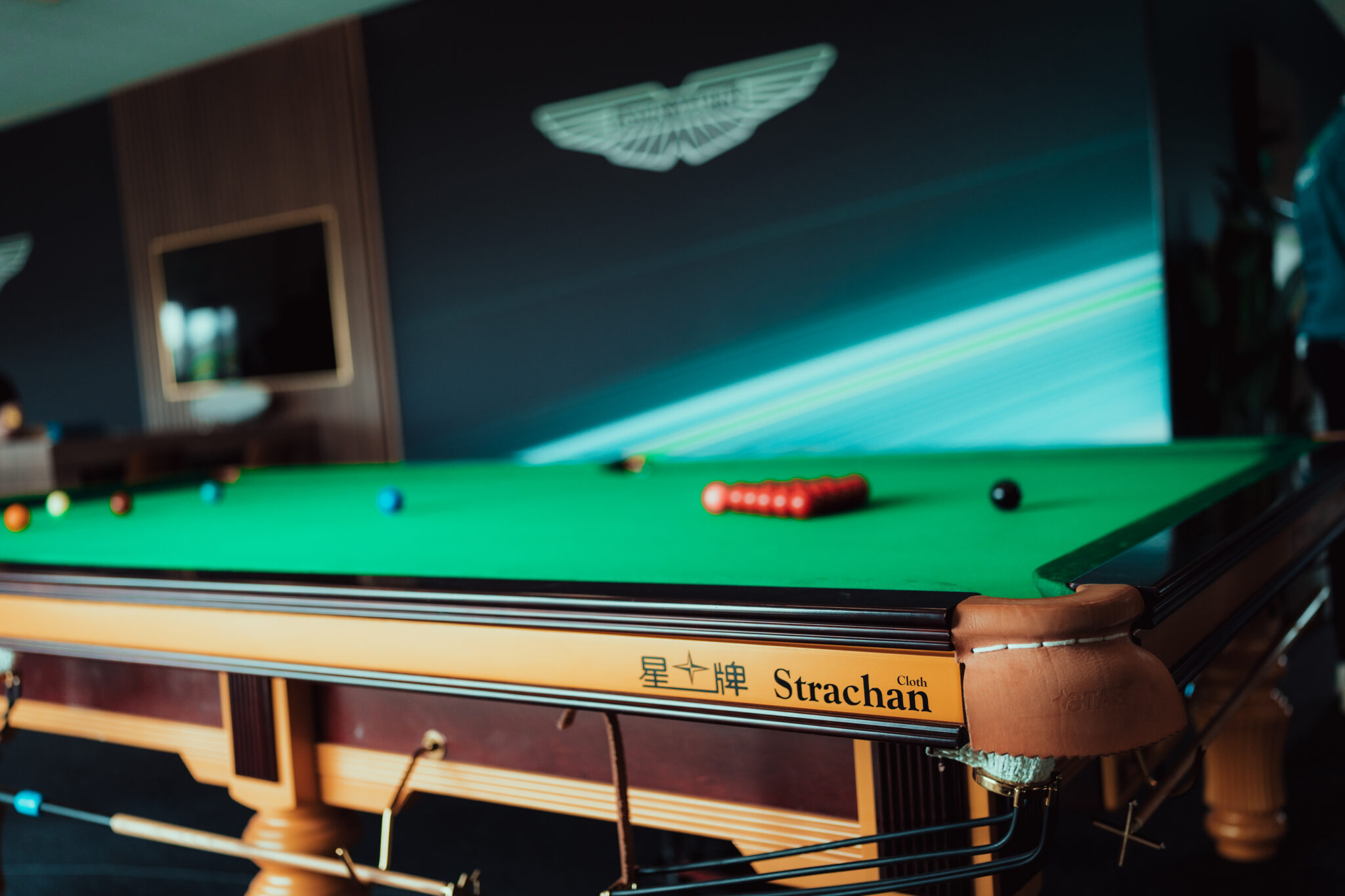
4 | Practice
JH: You have to put in the hours before competing. Without practice and training, you won’t be able to take the opportunities when they present themselves.
In motorsport, you try to prepare as much as you can in the simulator. You also spend lots of time in the gym to ensure you’re in peak physical condition. If your body is not ready for the physical demands, you will never maximise your performance.
You can be as fit as you want in the gym, but being race fit is a different proposition that you only achieve by driving in the heat of competition. It’s the same as any sport, you need match practice, you need game time. There is no substitute for competition.
DJ: Practice really does make perfect. I play by myself for about four or five hours most days. In addition, I might play against someone in a best-of-seven or -nine game just to try to replicate a match scenario.
As Jessica points out, you want that match practice. Nothing compares to a competitive environment, but you can still recreate it as best you can. When alone, I devise games to put some form of pressure on myself to replicate a match scenario. It’s all about staying sharp and being ready.
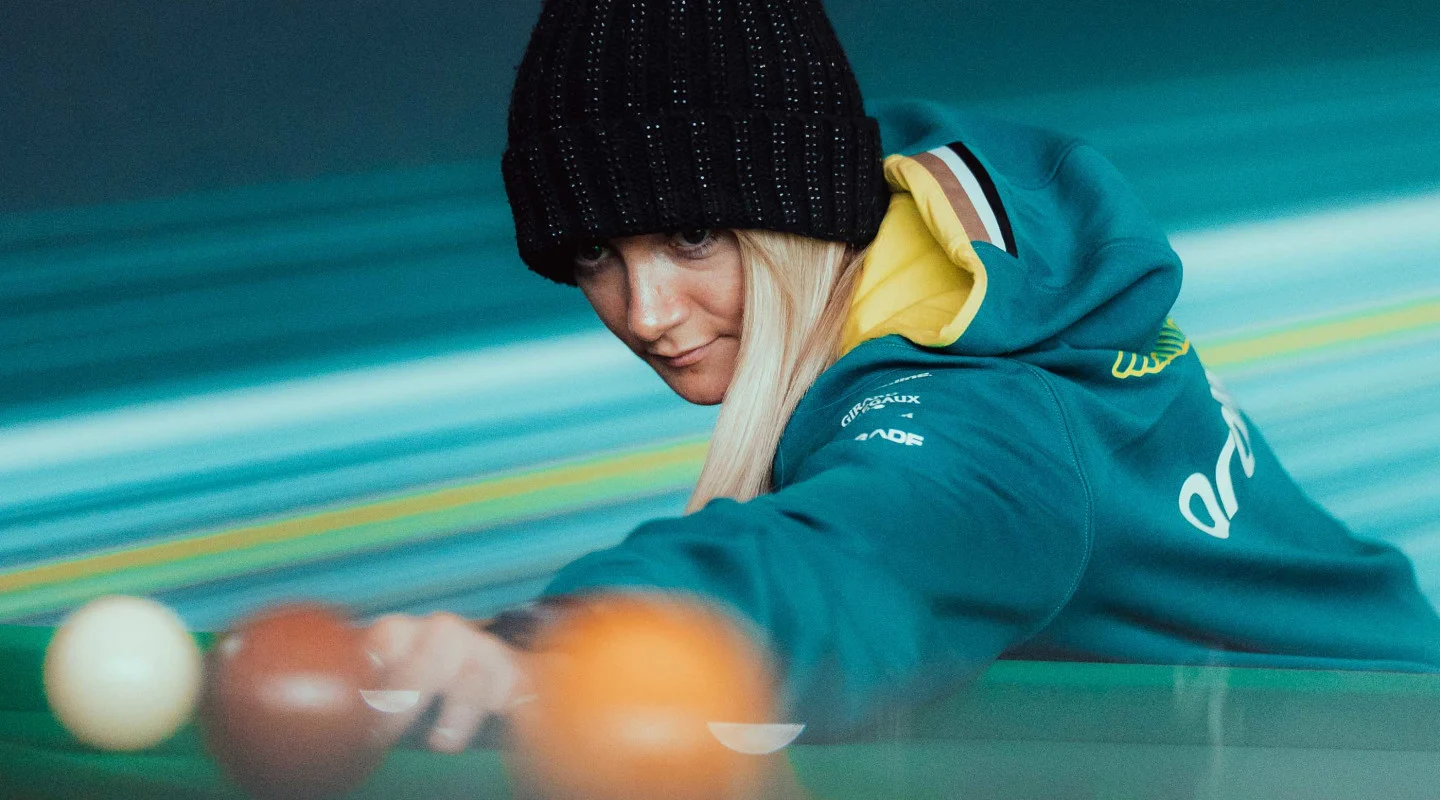
5 | Endurance
DJ: You normally practice for longer periods of time than you face in a match so that helps build endurance. In snooker, each session takes around four hours so that’s the minimum training you do each time and that helps you prepare.
In terms of the World Snooker Championship, the longest tournament, you take it session by session. If you just focus on each session, you know that you’ve trained for longer than it will last so you feel as though you can handle it.
You need mental endurance and discipline to maintain maximum focus on every shot. Without endurance, you’re going to burn out quickly in a two-week tournament like the World Snooker Championship.
JH: It’s crucial to be as fast on the last lap as it is on lap one and your body has to be prepared for that. You need to make sure you have the stamina and have put the preparation in. You need to be hydrated, to have eaten the right things, and to be physically ready.
You need to have endurance and be hyper-focused for the entire race. If you can’t last the distance, then you’re going to go backwards before the flag.
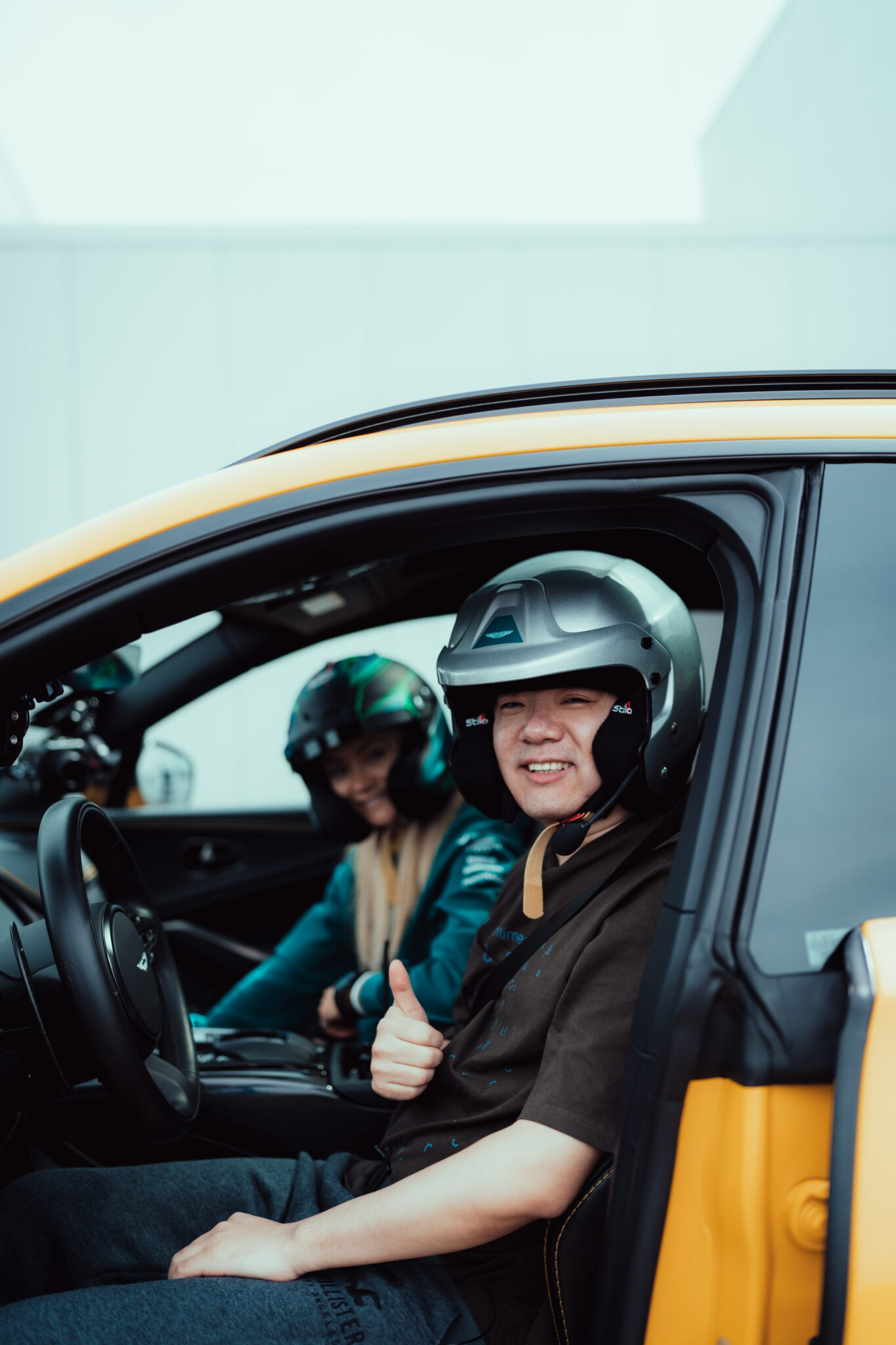
6 | Staying one step ahead
JH: Although you have to be present and in the moment, you need to be able to think one or even several steps ahead.
Finding and following the perfect racing line is key to a fast lap. The exit of one corner determines your speed down a straight so you’re always thinking about what’s coming next and making sure you’re not going to compromise your speed through the next part of the track. If your racing line is wrong or you make a mistake, you’re slow.
DJ: It’s the same in snooker. Thinking ahead is so important because one error can compromise you for several shots to come and even end your break. When the opportunity arrives to start potting and scoring you want to win the frame and that’s when you start thinking ahead.
When I play a red, I’m also thinking about the colour I want to be on after that and then the next red, so you need to put the cue ball in the right place and follow the route you have in mind. You have to be flexible and you’re always thinking strategically about how best to clear the table.

7 | Balancing attack and defence
JH: You’re constantly calculating when to go for an overtake or whether it’s time to be a bit more conservative and maybe look after the tyres or defend.
It’s about finding that balance. In racing, things happen quickly; if a driver you’re following makes a mistake, you have to attack. Ideally, you want to be on the front foot and not concentrate too much on defending – you want to be dictating things on the track as much as possible. At the start of a race, you should always be focusing more on attacking those in front. The best form of defence is attack.
DJ: Deciding how much to attack or defend can depend on how I feel and how my opponent is playing – we have a bit more time to think about it than racing drivers but it’s still a judgement call. If my opponent seems to be feeling the same as me, I’ll attack at first. But if the scores are still level a while after that, I might start to play more defensively to take the feeling away from them.
Table time is very important in snooker so if I can disrupt my opponent with defensive play or keep them sat down by attacking and scoring, that’s going to benefit me. I have to assess the best way I can make that happen and getting that calculation right can be the difference in a match.
Article and images originally posted by Aston Martin F1.
